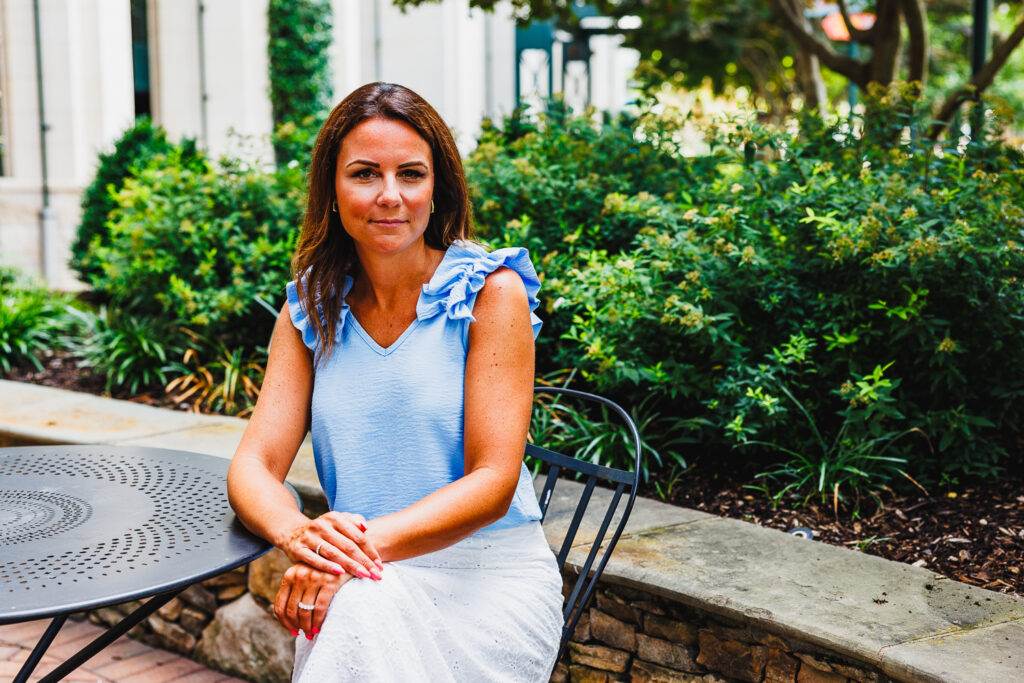When it comes to colon and rectal cancer, age is a significant risk factor. But it’s crucial to understand that colon cancer can affect anyone, regardless of age. What do you need to know about colon cancer, and why is on-time screening and awareness essential for everyone?

While it’s true that the risk of colon cancer increases with age, younger people are not immune. Missed symptoms and misdiagnosis can often delay the correct diagnosis in young-onset cases. Therefore, young-onset patients are more likely to be diagnosed in stage III or IV, when the disease is harder to treat. This trend highlights the importance of being aware of the risk factors and symptoms, no matter your age.

Misdiagnosis often leads to later-stage diagnosis and delayed treatment.
A family history of colon cancer or inherited conditions like Lynch Syndrome or Familial Adenomatous Polyposis (FAP) can increase risk.
GeneticsDiet, physical activity, and smoking can contribute to the risk of colon cancer in younger individuals.
Reduce Your RiskCases of early-onset colon cancer are on the rise. Symptoms often go unnoticed or are misattributed to less serious conditions.
Signs + SymptomsEven if you don’t have a family history of colon cancer, it’s essential to talk to your doctor and about your risk factors, when to start screening, and screening options.
Screening OptionsEarly stage colon cancer may show no signs or symptoms. Listen to your body and talk to your doctor if you know something is not right. Seek a second opinion if needed.
Signs and Symptoms25% of all colorectal patients have a family history of the disease and/or a genetic condition that makes some people more likely to develop polyps, colon cancer, and possible other cancer.
Family HistoryThere are steps you can take to minimize your risk for colon cancer. Maintain a healthy body weight, get regular physical activity, limit your intake of red and processed meats, and don’t smoke.
Reduce Your Risk“I was 27 years old and my wife and I just found out we were pregnant with our first child and I began noticing a small amount of blood in my stools and thought nothing of it, probably just hemorrhoids. I ignored it for a few months when I finally reached-out to my doctor with my concerns, they also thought it was hemorrhoids but after an office visit (and me pressing them for a colonoscopy) I finally had a colonoscopy. They found a mass that they biopsied and I received a call-back saying it was for sure cancer.
My five-year follow-up showed no signs of cancer and my scheduled blood work continues to show normal levels. My son turns 7 this Sunday and my daughter turns 5 next month. I’m glad I didn’t ignore my symptoms for long and advocated for myself so I was diagnosed at an early stage and able to complete treatments as fast as possible.
Colon cancer is a disease that can affect people at any age.“